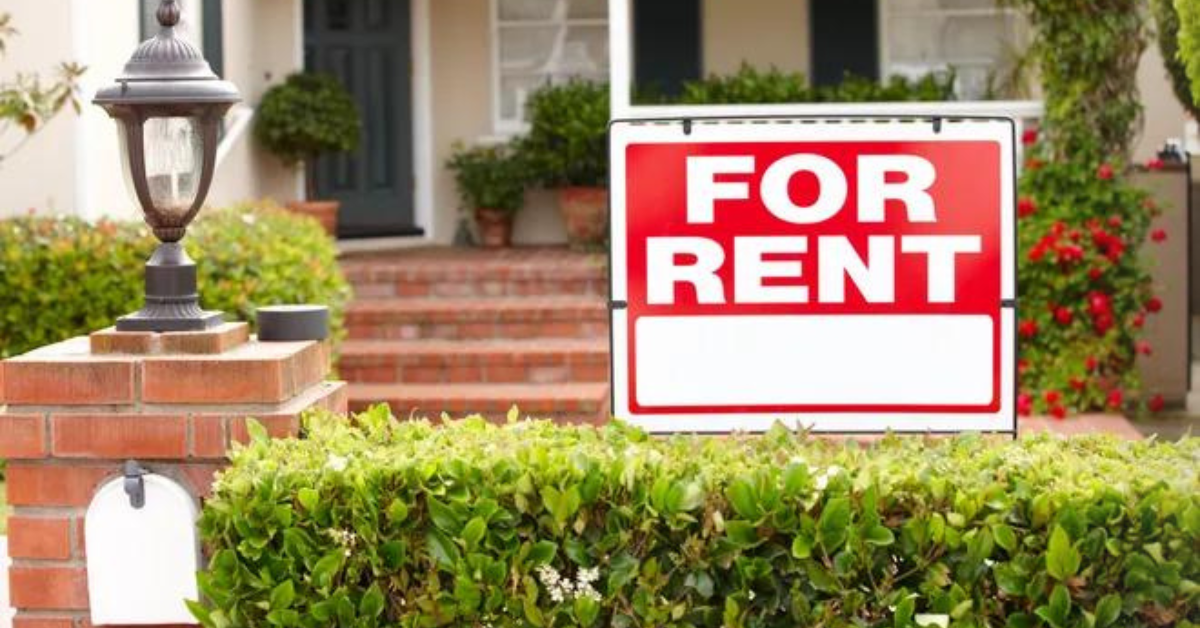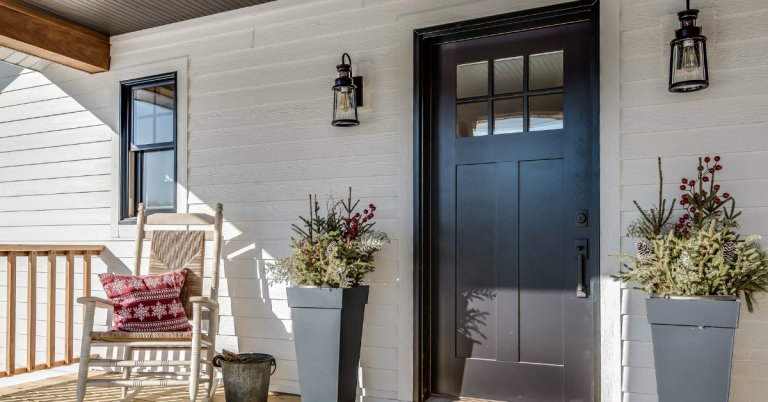Landlord 101: Essential Tips for First-Time Rental Property Owners

Owning rental property can be a lucrative venture, but it comes with its own set of challenges and responsibilities. For first-time rental property owners, navigating the world of landlords can be daunting. Here’s a comprehensive guide to help you get started on the right foot.
1. Understand the Local Rental Market
Before purchasing a rental property, it’s crucial to understand the local rental market. Research the demand for rental properties in the area, average rental rates, and the types of properties that attract tenants. Look for neighborhoods with low vacancy rates and strong rental demand. This knowledge will help you make an informed decision and set competitive rental prices.
2. Calculate Your Costs and Set a Budget
Owning rental property involves more than just the purchase price. You’ll need to budget for ongoing expenses, such as property taxes, insurance, maintenance, and management fees. Additionally, consider the cost of repairs and potential vacancies. A well-planned budget will ensure you can cover these costs and still make a profit.
3. Know the Legal Requirements
Each state and municipality has specific laws and regulations governing rental properties. Familiarize yourself with local landlord-tenant laws, which cover areas such as security deposits, lease agreements, eviction processes, and property maintenance standards. Understanding these regulations will help you avoid legal pitfalls and ensure compliance.
4. Screen Tenants Carefully
Choosing the right tenants is crucial for a successful rental experience. Implement a thorough tenant screening process, including background checks, credit checks, and rental history verification. Interview potential tenants to assess their suitability and ensure they understand their responsibilities. A good tenant can make a significant difference in your rental property experience.
5. Draft a Clear Lease Agreement
A well-drafted lease agreement is essential for protecting both you and your tenants. The lease should outline key terms such as the rental amount, payment due dates, duration of the lease, and rules regarding property use. It should also address issues like maintenance responsibilities, pet policies, and procedures for handling disputes. A clear lease agreement helps prevent misunderstandings and disputes.
6. Maintain the Property

Regular maintenance is crucial for keeping your rental property in good condition and ensuring tenant satisfaction. Schedule routine inspections to identify and address potential issues before they become major problems. Promptly respond to repair requests and address maintenance concerns to maintain a positive relationship with your tenants.
7. Manage Finances Efficiently
Effective financial management is key to a successful rental property venture. Keep detailed records of all income and expenses related to the property. Use accounting software or hire an accountant to help manage your finances. Regularly review your financials to ensure you’re staying within budget and making a profit.
8. Consider Property Management
For first-time landlords or those managing multiple properties, investing in a property management company, especially in Salt Lake City, can be a smart move. These professionals take on crucial responsibilities such as tenant screening, rent collection, maintenance, and addressing tenant complaints. Although their services come with a fee, their expertise can save you valuable time and alleviate the stress of managing rental properties on your own.
9. Communicate Effectively with Tenants
Good communication is essential for maintaining a positive landlord-tenant relationship. Be responsive to tenant inquiries and address concerns promptly. Provide clear instructions for rent payments and maintenance requests. Building a good rapport with tenants can lead to a smoother rental experience and longer tenancies.
10. Plan for Vacancies
Vacancies are a natural part of renting property. Prepare for them by setting aside a reserve fund to cover lost income and any costs associated with finding new tenants. Market your property effectively through online listings and local advertising to minimize vacancy periods.
11. Stay Informed and Adapt
The rental property market is dynamic, and regulations can change. Stay informed about local market trends, legal updates, and best practices. Regularly review and adjust your strategies to ensure you’re operating efficiently and complying with current laws.
12. Prepare for the Unexpected
Owning rental property can come with unexpected challenges, from tenant issues to property damage. Have contingency plans in place and be prepared to adapt to unforeseen circumstances. Building a network of reliable contractors and professionals can also help you handle issues more effectively.
Also Read: Shield Your Sanctuary: Simple Ways to Block Harmful UV Rays at Home
Conclusion
Owning a rental property can be a rewarding investment if approached with careful planning and attention to detail. By understanding the local market, managing finances efficiently, maintaining the property, and building positive relationships with tenants, you can set yourself up for success. With these essential tips, first-time rental property owners can navigate the complexities of landlords and achieve a profitable and fulfilling rental experience.







One Comment